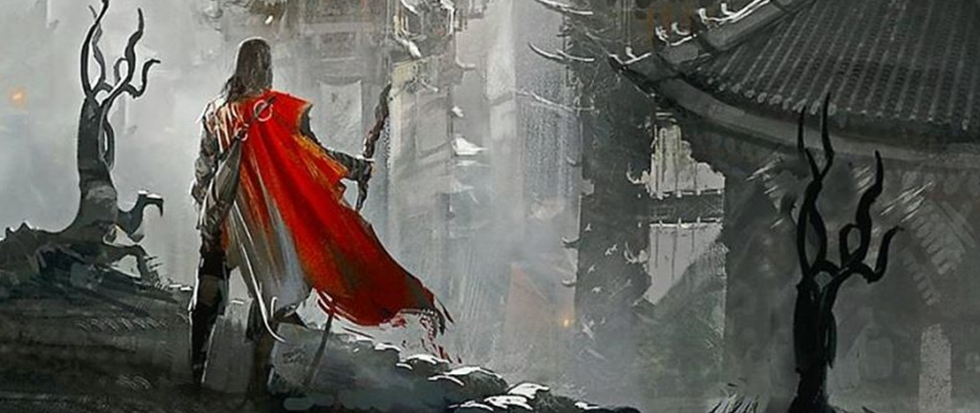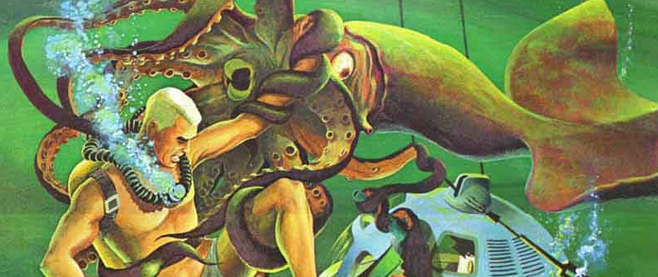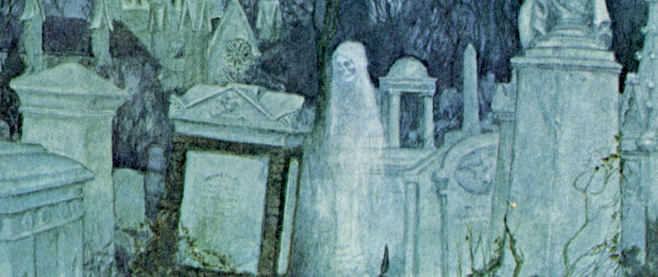
Magician, Persona, and the Weight of Nostalgia
I grew up as a citizen of Midkemia. Here, in this land filled with elves and dragons and ancient magicians who live in a realm apart from time, I came into adolescence and, more importantly, fostered a love for fantasy. Raymond E. Feist’s Riftwar Saga informed much of what I felt good fantasy encompassed–complex characters, high stakes, destructive magic–and to this day I consider Magician to be maybe the most important book in my life.
As I grew, Feist kept writing new novels set in Midkemia. Time moved forward, and only a handful of characters remained constant: Pug the magician, his best friend Tomas, Nakor. It was exciting to see the world change over the course of hundreds of years, but no stories were able to capture the same magic as that original trilogy. I fell off somewhere during the Darkwar Saga, the story of the third war in Feist’s Riftwar Cycle. To me, it had become impossible for the story to raise the stakes in any meaningful way thanks to the glut of stories about angry gods and other worlds, stories rendered impersonal due to their enormous scale. In an attempt to one up each previous book, Feist dismissed the micro for the macro, focusing on inter-world travel and world-eating magic rather than the individuals it all effected. Perhaps it’s inevitable that a series lasting 36 years and 29 books would reach a point where it was no longer intimate.
I’m not trying to disparage Feist’s work here, I just feel that the evolution of the story sacrificed what made it good in the first place. This could very well also be a case of time and place; a case of Magician falling into my lap, by some divine happenstance, during my most impressionable years. Whatever the case, as I grew so did my tastes. I yearned for other worlds and new characters. I sought new stories and new conflicts. But I always felt a pang of sadness for Midkemia, the world I left behind. The later books in the series didn’t excite me, but I will forever remember with fondness my time with Arutha, Jimmy and company.
As I write this, I am nearing the end of my time with Persona 5 and it’s causing me to relive the same sensation. It’s been years since I’ve been this enamored by a group of fictional characters. This affection goes beyond my eighty percent problem and deep into the recesses of my soul and worms around my brain until all I can think about is poor Futaba or Haru and her vegetables. There was also that time when the group made a hot pot together, and the way Joker practices making coffee has inspired me to take more pride in my own routines. Yusuke’s drive to perfect his art form, Ryuji’s unquestioning loyalty, Ann’s attempt to come to terms with her role in her best friend’s injury–it all combines into the most important game I’ve played in years.
The pure, unadulterated enamor I feel for Persona 5 has brought with it a wave of nostalgia, bearing down on me in an unrelenting storm of adolescent memories. I remember staying up past curfew to finish a chapter of A Darkness at Sethanon and trying to sneak a page or two while my biology teacher’s back was turned. The Riftwar Saga consumed me then as Persona 5 does now.
It was an odd thing to have occurred in my brain, connecting these two pieces of media separated by decades of pop culture. But, like nostalgia itself, it was completely involuntary. I’m slowly coming to terms with the fact that my time with Persona 5 is nearly up and the road is not without its bumps. However harrowing the journey may be, however, I am sure that I will come out hungry for something new, another exciting story. Or perhaps I’ll create one myself. Who knows? All I know is that I now remember why I play games and read books: to experience adventure.




